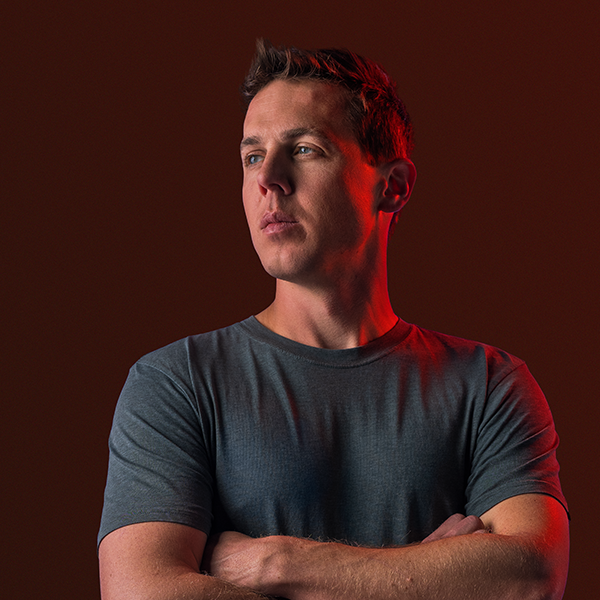
Tom | Lakewood, CO
I found that when I need support I just need to speak up and talk about how I’m feeling, what I’m going through, and how it’s affecting me.
I grew up in West Omaha, Nebraska, and life took a drastic turn when I lost my father to cancer at 13. His death hit me hard, and by 15 or 16, I turned to marijuana to cope. It wasn’t long before I discovered opioids, and addiction quickly consumed me. I spiraled from recreational use into addiction. I kept searching for a way out, but the addiction only pulled me deeper.
For years, I tried to handle it on my own, but nothing worked. Eventually, I found help at an inpatient treatment center, which was a life-changing experience. I had no idea such places existed or how they could help. I had always thought my life would end in death or jail, and I’d never seen anyone recover. But learning that recovery was possible gave me hope for the first time.
After rehab, I still struggled, even though I had some time in sobriety. It wasn’t until I found the 12-step program that lasting change began. The turning point came when I realized the damage I’d done to my relationships. My family didn’t trust me, and I had no real connections. I was homeless, unemployable, and couldn’t function in society. That’s when I realized I needed to do something different.
Staying sober has been harder than getting sober. Life doesn’t stop, and I had to face many of life’s circumstances without turning to substances. I had to take responsibility for my well-being, something I’d never done before. Breaking the cycle was crucial, in-patient treatment played a key role and ultimately set me up for success.
The most rewarding part of recovery has been helping others. Through recovery, I’ve walked others through their recovery and helped them find long-term sobriety. It was a position I never thought was possible, but others saw the change in me and saw me as a leader. The ability to give back what was freely given to me has been incredibly fulfilling. Everyone’s journey looks a little bit different, and there is no right or wrong way to recover—what works for one may not work for another. I’ve learned that owning your experience and sticking with what works for you is key.